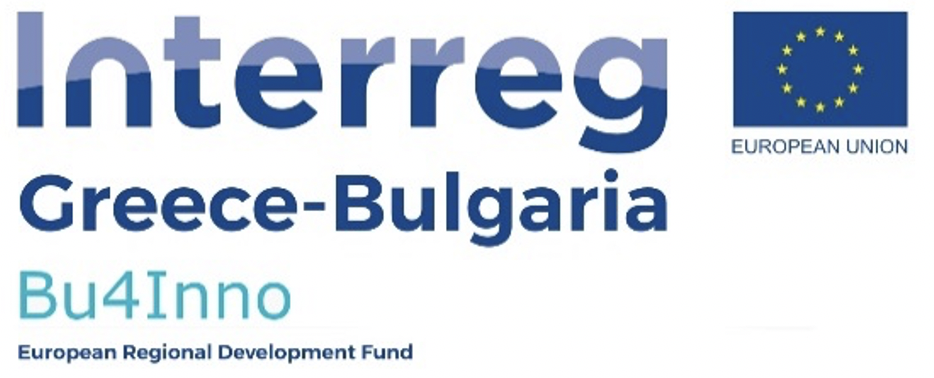The primary and related secondary sectors appear to have limited or no access of entrepreneurs to business know-how, innovation, practical training, as well as coaching in business establishment and development, which could lead to the development of entrepreneurial culture. The Greek-Bulgarian Cross-Border (CB) region is particularly deprived of such support tools, given the capitals of Athens and Sofia represent the main business hubs, whilst the peripheral provinces suffer the effects of poor access to state-of-the-art expertise and innovation. Bulgaria is among the 3 lowest performers in the EU, despite the apparent improvement in several business indicators. Similarly, Greece ranks below the EU average in skills and innovation. The economy on both sides of the border is mainly rural, and the majority of the entrepreneurial activity is comprised of Small-to-Medium Enterprises (SMEs) with poor ability to develop and/or adopt new technologies. According to the 2018 SBA Fact Sheets of the European Commission, SMEs account for 65.2 % of value added and 75.4 % of employment for Bulgaria and 63.6 % of value added and 85.2 % of employment for Greece respectively, exceeding the EU average of 56.8 % and 66.4 %. These figures emphasize the importance of SME entrepreneurship and make even more prominent the problem of a lack of sufficient funding schemes and solutions for business in the area.
SMEs in the CB area must face limited access to important knowledge and business tools, such as market research and analysis, information about funding sources, as well as knowledge about the regulatory framework underlying products/ services. Regional SMEs in both the primary and secondary agricultural sectors are lagging in technological advancement, primarily, due to the lack of information access, as well as the absence of training and support, which are essential for the successful development of new products and/ or services. Although the involved people have developed excellent skills in production processes, they lack the necessary marketing skills, administrational expertise, and innovation to develop new products and/ or offer innovative services. Young entrepreneurs, especially, need access to general and specific knowledge and tools to achieve business growth and sustainability. Apart from the lack of the necessary entrepreneurial skills and expertise, financing from the private sector has been plagued by the ongoing after-effects of the economic crisis, which occurred mainly on Greek soil, but created a spill-over effect in the CB region, where the regional economies on both sides had established long-lasting and complex interlinks. Moreover, human development and skills are inadequate and the most important asset of enterprises, their human capital, is not used.
To achieve business sustainability and growth in the CB area, as well as to address the high restrictions imposed by COVID-19, SMEs need improved skills and better e-tools, which will be delivered by the Bu4Inno project through skill development and vocational training. The project targets, not only new agri-SMEs and potential entrepreneurs with ideas to start their own businesses, but also established SMEs that strive to improve their skills, innovate, develop new products/ services, and cooperate in the CB area.



